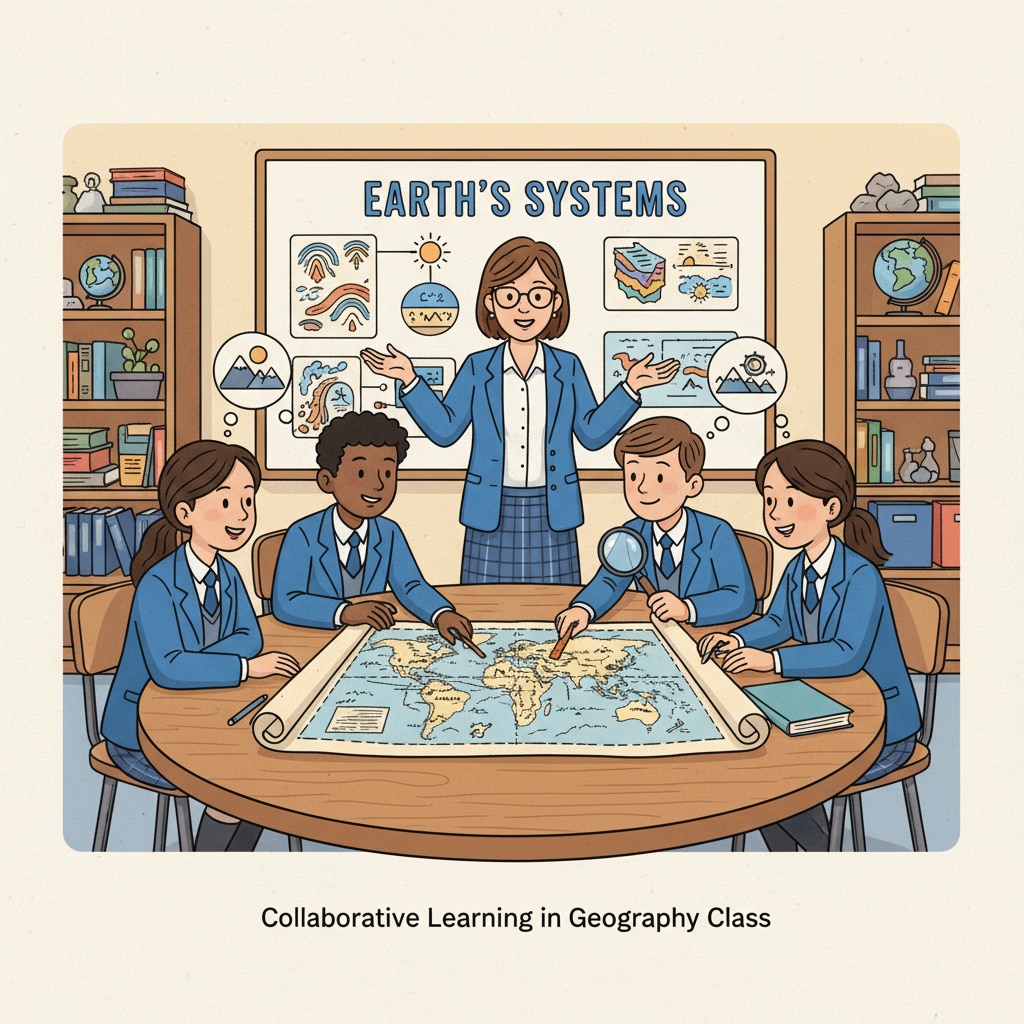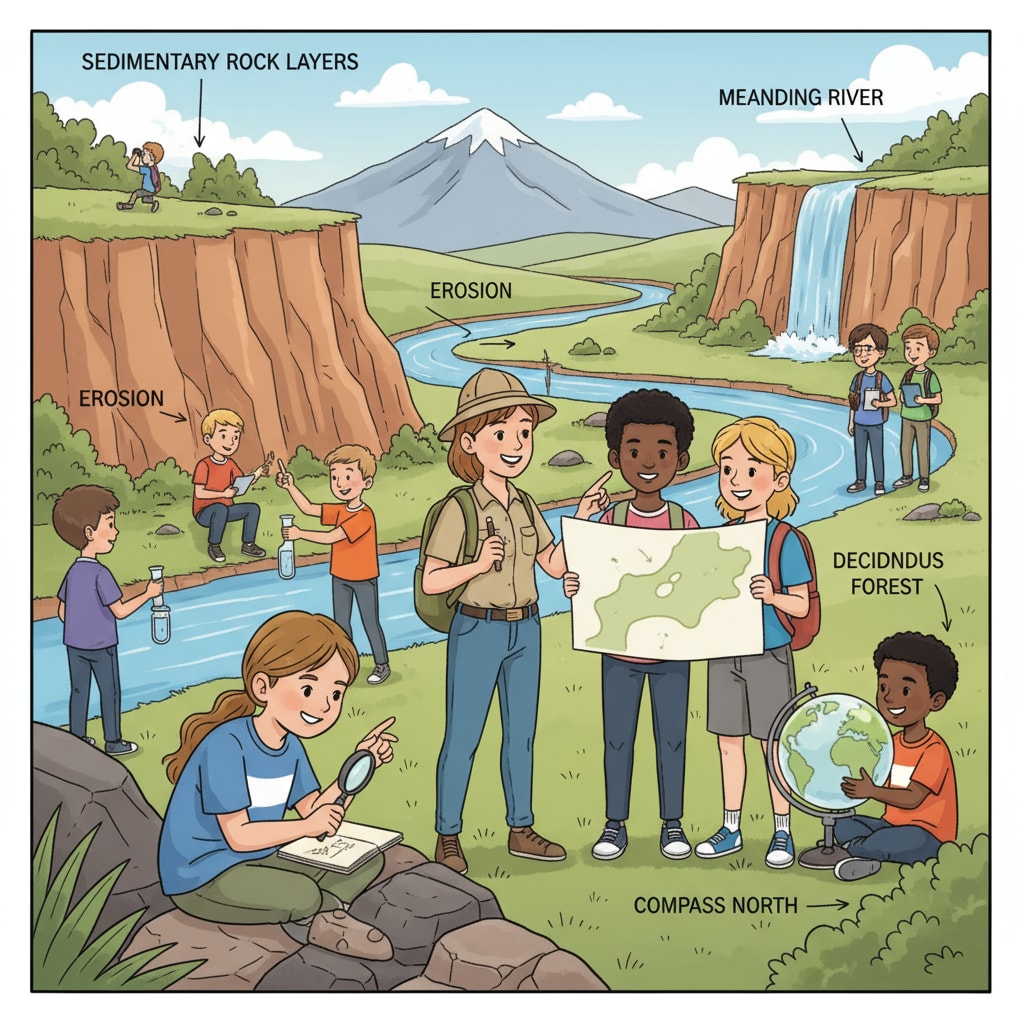University major selection, lack of interests, geography major, social experience – these elements often intertwine to create a complex web for K12 graduates when they are faced with the crucial decision of choosing a university major. Many students find themselves at a crossroads, unsure of which path to take due to a lack of clear interests. For instance, consider the case of a British student who decided to pursue a geography major not out of a genuine love for the subject, but rather because of the appealing social experience associated with the university’s geography department.

The Void of Clear Interests in University Major Selection
One of the most significant challenges contemporary K12 graduates encounter is the absence of well-defined interests. In the highly structured K12 education system, students are often focused on academic performance and meeting curriculum requirements. As a result, they have limited opportunities to explore a wide range of fields deeply. This lack of exploration leaves them ill-prepared when it comes time to select a university major. Without a clear passion, students may make choices based on external factors such as parental expectations, job market trends, or, as in the case of our British student, social experiences.
The Role of Social Experience in Shaping Major Choices
Social experience can play a surprisingly influential role in a student’s decision to choose a particular major. When visiting universities or attending orientation events, students interact with current students and faculty members from different departments. These interactions can create a positive or negative impression, which may sway their decision. For example, the British student was drawn to the geography major because of the friendly and inclusive atmosphere within the department. The social activities, study groups, and extracurricular opportunities associated with the geography program seemed more appealing than those of other majors. However, this focus on social experience may overshadow the long-term suitability of the major for the student’s career goals and personal interests.

The lack of proper career planning education further exacerbates this problem. In many educational systems, there is a dearth of comprehensive career guidance from an early age. Students are not adequately equipped with the tools and information needed to understand their strengths, interests, and potential career paths. This lack of guidance means that they may choose a major without fully considering the implications for their future careers. As a result, they may find themselves struggling to find job opportunities or feeling unfulfilled in their chosen fields after graduation.
So, how can students overcome this dilemma and find their true passion for learning and a suitable career direction? Firstly, it is essential for schools and parents to encourage students to explore a diverse range of activities from an early age. This could include joining clubs, participating in volunteer work, or taking up hobbies outside of the regular curriculum. By exposing themselves to different experiences, students can discover their interests and talents. Secondly, universities should provide more in-depth career counseling services. These services can help students understand the job market demands, the skills required for different majors, and the potential career trajectories associated with each major. Finally, students themselves need to take an active role in self-reflection. They should ask themselves what truly excites them, what they enjoy doing in their free time, and what kind of impact they want to make in the world.
Readability guidance: The article uses short paragraphs to present ideas clearly. Each H2 section provides a focused discussion point. The use of examples helps to illustrate key concepts. Passive voice is minimized, and transition words like “however,” “for example,” and “as a result” are used to enhance the flow of the text.


